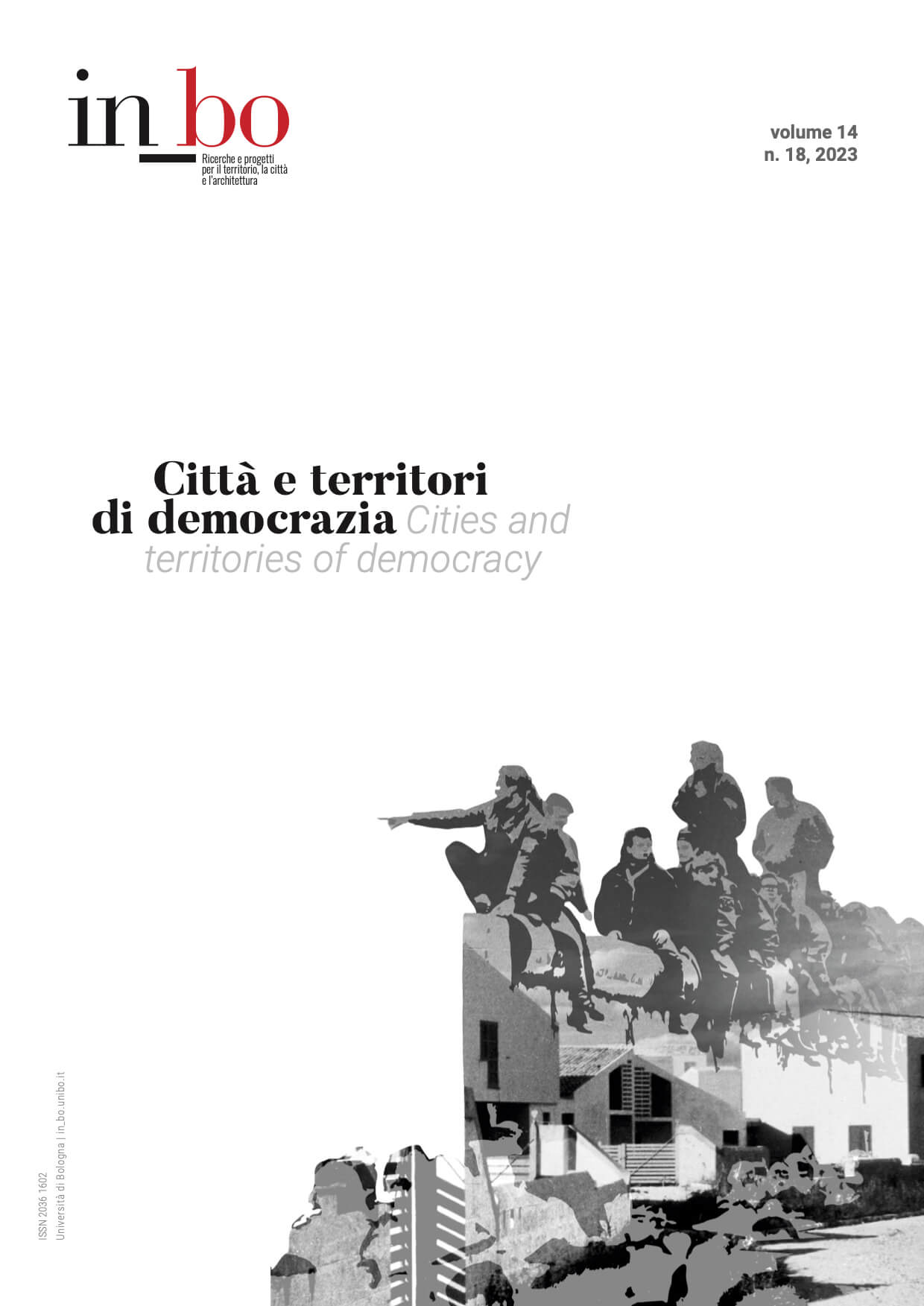Democracy in Practice? A Trajectory towards Collaboration in Bologna
DOI:
https://doi.org/10.6092/issn.2036-1602/14834Keywords:
urban planning, social innovation, civic participation, neighborhood, BolognaAbstract
Citizen and community-led initiatives have grown to tackle unmet social needs with alternative means than mainstream urban policies and planning. Over the years, the European city has become a field in which these civic, collective, social practices have consolidated, enabled by the fertile knowledge density of the urban environment. Several cities attempted to move from the management of the practices to one of political recognition. The city of Bologna is one of these, relying on its traditional attitude of working to fill the gap between the level of institutions and the one of civic instances, achieved with different degrees of success. Its administrative and urban planning process has led to recognize the city as a model in providing a fertile ground for the flourishing of innovative civic practices, some of which have been institutionalized over time, while others remain outside the political schemes.
Delving into the narrative that has put forward Bologna as a model of good government, this contribution reflects on the trajectory that has shaped the city’s present capacity to enable spaces for dialogue, civic action, and co-planning with the constellation of urban practices in an analytical-evolutionary perspective that allows to trace its contextual and political configuration. The goal is to deconstruct and update Bologna’s narrative as a model, with a critical perspective on its development facing future urban challenges.
Downloads
Published
How to Cite
Issue
Section
License
Copyright (c) 2023 Martina Massari, Valentina Orioli

This work is licensed under a Creative Commons Attribution-NonCommercial 3.0 Unported License.





